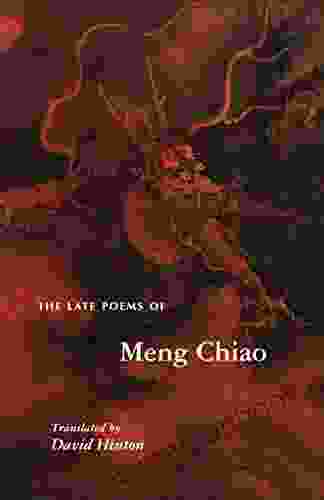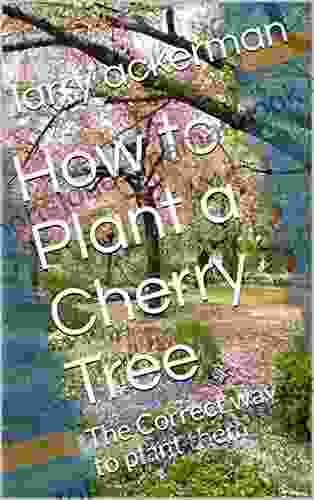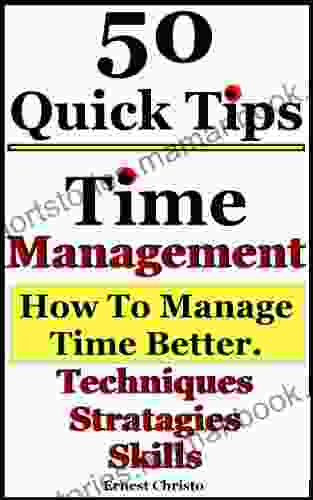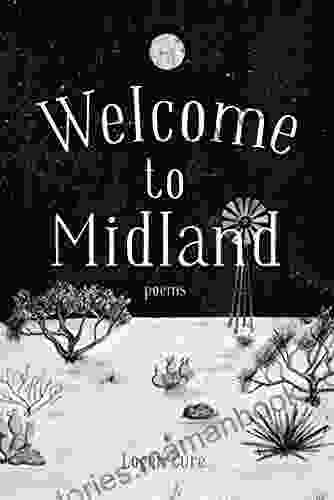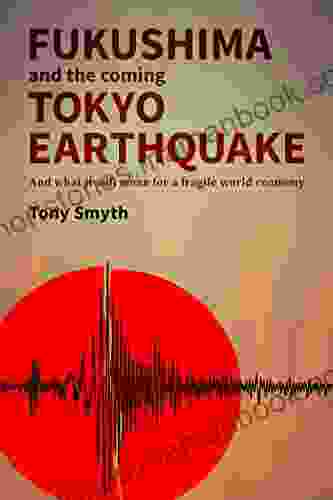The Late Poems of Meng Chiao: A Window into the Heart of a Master

The Late Poems of Meng Chiao, a volume in the prestigious Lockert Library of Poetry in Translation, offers a poignant and illuminating glimpse into the mind and spirit of one of China's most celebrated poets of the Tang Dynasty. Meng Chiao, a master of the quatrain form, poured his heart and soul into these later works, creating a body of poetry that transcends time and continues to resonate with readers today.
In this article, we will delve into the depths of Meng Chiao's Late Poems, exploring their themes, imagery, and profound insights. Through a close examination of these verses, we will gain a deeper understanding of the poet's inner world and the complexities of human existence.
4.1 out of 5
| Language | : | English |
| File size | : | 844 KB |
| Text-to-Speech | : | Enabled |
| Screen Reader | : | Supported |
| Enhanced typesetting | : | Enabled |
| Print length | : | 104 pages |
Themes of Mortality and Loss
One of the most prominent themes running through Meng Chiao's Late Poems is that of mortality and loss. As the poet aged, he became increasingly aware of the fleeting nature of life and the inevitability of death. This awareness permeates his verses, lending them a sense of urgency and poignancy.
In the poem "Autumn Sigh," Meng Chiao laments the passing of time and the loss of loved ones:
Autumn wind blows, leaves fall, Friends and kin, where are they all? My body, thin as a crane, alone, Only the bright moon stays with me.Here, the poet's sense of isolation and solitude is palpable. The autumn wind, a symbol of change and decay, serves as a reminder of the transience of all things. The loss of friends and family leaves a void in his heart, a void that only the moon, a celestial companion, can partially fill.
Meng Chiao's preoccupation with mortality also extends to his own physical decline. In the poem "Self-Portrait," he paints a vivid and unflinching depiction of his aging body:
Sickly, sallow-faced, old and gray, Hair like a wild chrysanthemum, sparse and fray. Eyes dim as autumn waters, teeth like tombstones, Body wasted, a tree stripped of its leaves.With stark honesty, Meng Chiao confronts his own mortality, acknowledging the physical decay that accompanies the passage of time. Yet, even in the face of his own decline, his poetic voice remains strong and defiant, a testament to the enduring power of the human spirit.
The Search for Meaning and Fulfillment
Alongside his reflections on mortality, Meng Chiao's Late Poems also explore the deeper questions of meaning and fulfillment in life. Having witnessed the ups and downs of fortune, the poet grapples with the nature of happiness and the elusive pursuit of contentment.
In the poem "Idle Talk," Meng Chiao questions the conventional wisdom that equates success with wealth and power:
Don't talk to me of official posts, Of gold and purple, chariots and horses. I'd rather watch the clouds drift by, And listen to the birds sing in the trees.Here, Meng Chiao rejects the superficiality of material pursuits, advocating instead for a life of simplicity and connection with the natural world. He finds solace in the quiet moments of contemplation, where he can find peace and tranquility amidst the chaos of life.
Meng Chiao's search for meaning also leads him to explore the nature of the self. In the poem "Self-Examination," he delves into the depths of his own psyche, seeking to understand his motivations and desires:
I gaze into the mirror, but who do I see? A stranger, with a face lined and worn. I've chased fame and fortune, but to what end? My heart is empty, my soul forlorn.Through self-reflection, Meng Chiao comes to realize the futility of his worldly ambitions. He recognizes that true fulfillment lies not in external validation but in a deep understanding of oneself and one's place in the world.
Nature as a Source of Wonder and Inspiration
Throughout his Late Poems, Meng Chiao finds solace and inspiration in the beauty and tranquility of the natural world. Nature, in all its forms, becomes a source of wonder and a refuge from the complexities of human existence.
In the poem "Autumn Night," the poet captures the serene beauty of a moonlit evening:
The autumn moon shines bright, Casting its silvery light. The trees are still, the wind is hushed, A moment of pure delight.Here, Meng Chiao invites the reader to share in his appreciation for the simple pleasures of life. The beauty of nature provides a respite from his worries and allows him to experience a sense of inner peace.
Meng Chiao also uses nature as a metaphor for the human condition. In the poem "The Bamboo Grove," he observes the resilience of bamboo, a plant that bends but does not break:
In the bamboo grove, I stand alone, Watching the wind blow, the branches groan. But the bamboo bends, it does not snap, A symbol of strength, I dare to clap.The bamboo, with its ability to withstand adversity, becomes a symbol of human resilience and the ability to overcome life's challenges. Meng Chiao draws inspiration from nature's resilience, finding strength and hope in the face of adversity.
The Legacy of Meng Chiao's Late Poems
Meng Chiao's Late Poems are a culmination of a lifetime of poetic exploration and introspection. They offer a profound and moving reflection on the human condition, capturing the complexities of life, death, and the search for meaning.
The enduring legacy of these poems lies not only in their literary brilliance but also in their ability to resonate with readers across time and cultures. Meng Chiao's verses continue to inspire, challenge, and provide solace to those who encounter them.
As we close this article, let us return to the words of Meng Chiao himself, found in his poem "Farewell to Friends":
The road is long, and the journey's end unknown, But I will cherish the memories we've sown. May our friendship endure, like the bamboo's grace, And our spirits soar, like the birds in the chase.In these lines, Meng Chiao expresses his gratitude for the connections he has forged throughout his life. He recognizes the transient nature of existence but finds solace in the enduring power of friendship and the pursuit of the unknown.
May the Late Poems of Meng Chiao continue to guide and inspire future generations, reminding us of the beauty, fragility, and profound meaning of life.
4.1 out of 5
| Language | : | English |
| File size | : | 844 KB |
| Text-to-Speech | : | Enabled |
| Screen Reader | : | Supported |
| Enhanced typesetting | : | Enabled |
| Print length | : | 104 pages |
Do you want to contribute by writing guest posts on this blog?
Please contact us and send us a resume of previous articles that you have written.
 Top Book
Top Book Novel
Novel Fiction
Fiction Nonfiction
Nonfiction Literature
Literature Paperback
Paperback Hardcover
Hardcover E-book
E-book Audiobook
Audiobook Bestseller
Bestseller Classic
Classic Mystery
Mystery Thriller
Thriller Romance
Romance Fantasy
Fantasy Science Fiction
Science Fiction Biography
Biography Memoir
Memoir Autobiography
Autobiography Poetry
Poetry Drama
Drama Historical Fiction
Historical Fiction Self-help
Self-help Young Adult
Young Adult Childrens Books
Childrens Books Graphic Novel
Graphic Novel Anthology
Anthology Series
Series Encyclopedia
Encyclopedia Reference
Reference Guidebook
Guidebook Textbook
Textbook Workbook
Workbook Journal
Journal Diary
Diary Manuscript
Manuscript Folio
Folio Pulp Fiction
Pulp Fiction Short Stories
Short Stories Fairy Tales
Fairy Tales Fables
Fables Mythology
Mythology Philosophy
Philosophy Religion
Religion Spirituality
Spirituality Essays
Essays Critique
Critique Commentary
Commentary Glossary
Glossary Bibliography
Bibliography Index
Index Table of Contents
Table of Contents Preface
Preface Introduction
Introduction Foreword
Foreword Afterword
Afterword Appendices
Appendices Annotations
Annotations Footnotes
Footnotes Epilogue
Epilogue Prologue
Prologue Senith Mathews
Senith Mathews Aleks Harrison
Aleks Harrison Stuart Stevens
Stuart Stevens R M Olson
R M Olson Stephanie Ockerman
Stephanie Ockerman Anthony Doerr
Anthony Doerr Linda Bartash Dawley
Linda Bartash Dawley Ivan Doig
Ivan Doig Judy Nunn
Judy Nunn Julie Scarlet
Julie Scarlet Melissa Mcshane
Melissa Mcshane Laura Hyppolite
Laura Hyppolite Jessica Hall
Jessica Hall Lisa Regan
Lisa Regan Terence Hawkins
Terence Hawkins David Downing
David Downing Heather Haven
Heather Haven Thomas Clayton
Thomas Clayton Gunjan Bagla
Gunjan Bagla Mary Downing Hahn
Mary Downing Hahn
Light bulbAdvertise smarter! Our strategic ad space ensures maximum exposure. Reserve your spot today!
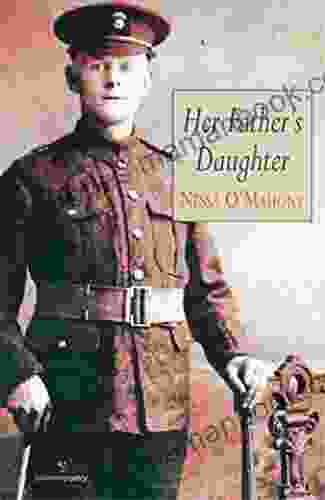
 Clarence BrooksNessa Mahony: The Extraordinary Artist and Her Unbreakable Bond with Her...
Clarence BrooksNessa Mahony: The Extraordinary Artist and Her Unbreakable Bond with Her...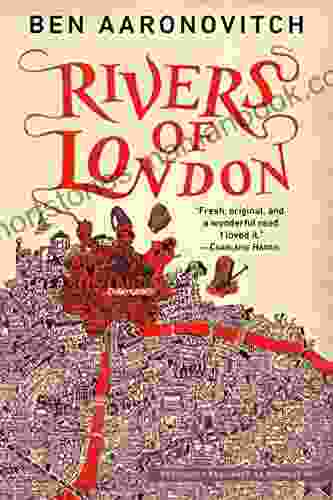
 Henry JamesMidnight Riot: A Deeper Dive into Rivers of London's Supernatural Thrills and...
Henry JamesMidnight Riot: A Deeper Dive into Rivers of London's Supernatural Thrills and...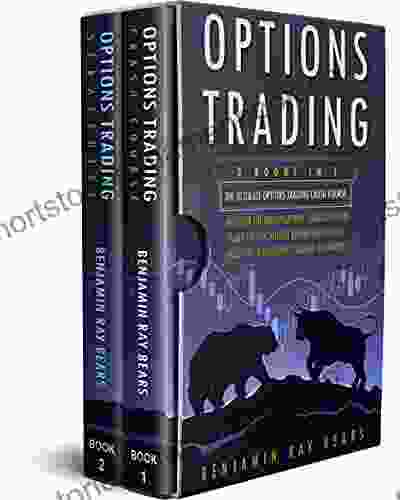
 Julio Ramón RibeyroThe Ultimate Options Trading Crash Course: Discover The Most Powerful...
Julio Ramón RibeyroThe Ultimate Options Trading Crash Course: Discover The Most Powerful... Davion PowellFollow ·2.1k
Davion PowellFollow ·2.1k Steve CarterFollow ·5.5k
Steve CarterFollow ·5.5k Gustavo CoxFollow ·4.7k
Gustavo CoxFollow ·4.7k Theodore MitchellFollow ·5.5k
Theodore MitchellFollow ·5.5k Aldous HuxleyFollow ·4.7k
Aldous HuxleyFollow ·4.7k Felix CarterFollow ·18.7k
Felix CarterFollow ·18.7k Braeden HayesFollow ·5.5k
Braeden HayesFollow ·5.5k Jonathan FranzenFollow ·4.5k
Jonathan FranzenFollow ·4.5k
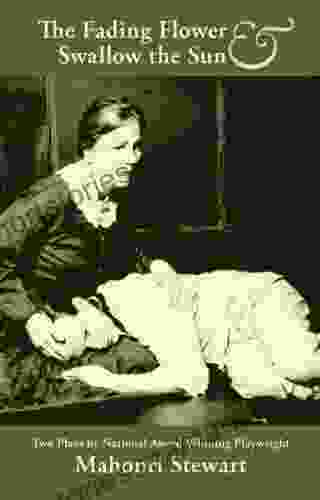
 Bob Cooper
Bob CooperThe Fading Flower and Swallowing the Sun: Unveiling the...
"The Fading Flower and...
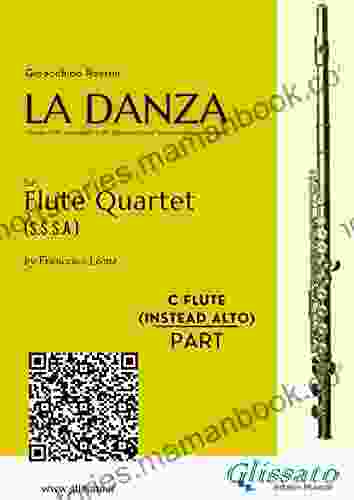
 Jesus Mitchell
Jesus MitchellLa Danza by Rossini: A Captivating Work for Flute Quartet
La Danza is a captivating composition for...
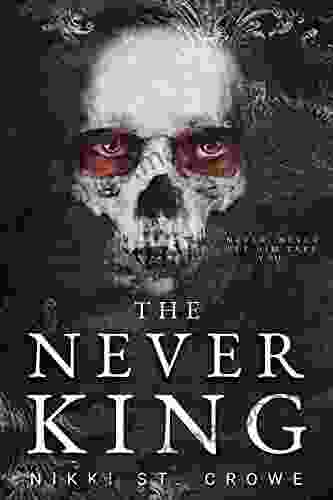
 Ivan Turgenev
Ivan TurgenevThe Never King: Vicious Lost Boys - A Dark and Twisted...
In the realm of Neverland, where shadows dance...
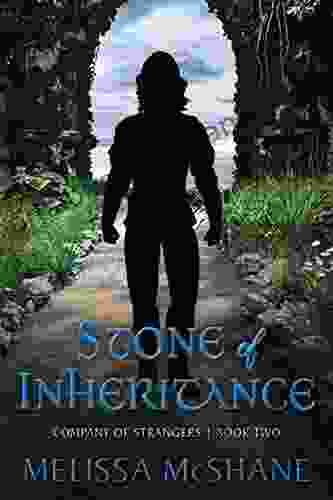
 Herb Simmons
Herb SimmonsThe Stone of Inheritance: Unraveling the Mysteries of a...
A Legacy of Enigmas In the annals of history,...
4.1 out of 5
| Language | : | English |
| File size | : | 844 KB |
| Text-to-Speech | : | Enabled |
| Screen Reader | : | Supported |
| Enhanced typesetting | : | Enabled |
| Print length | : | 104 pages |


